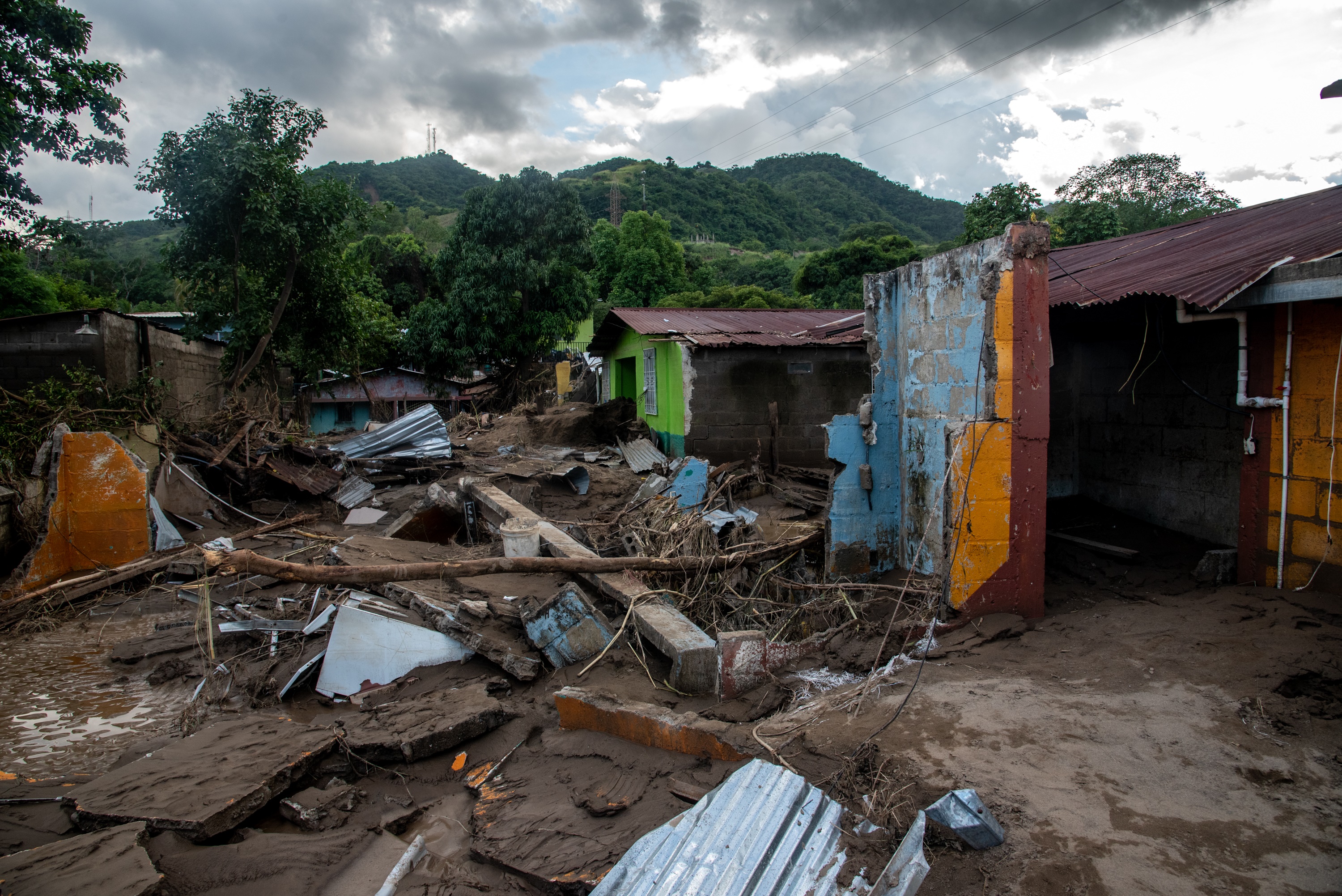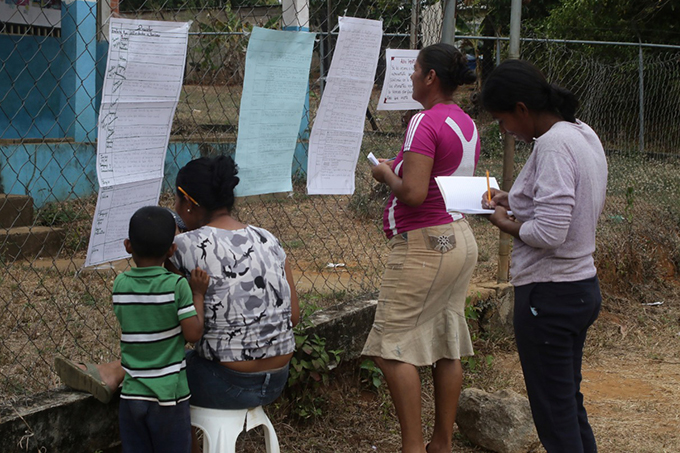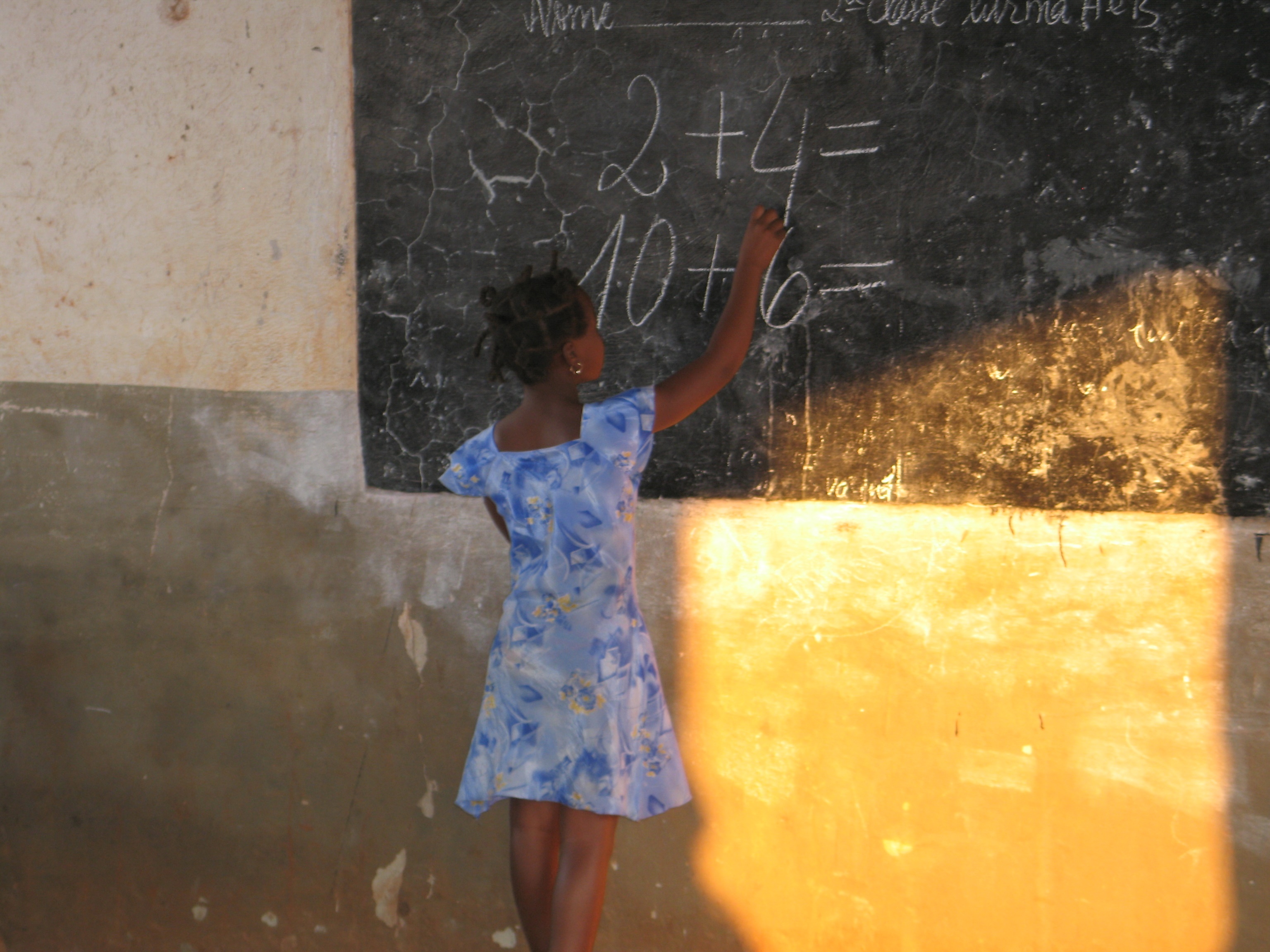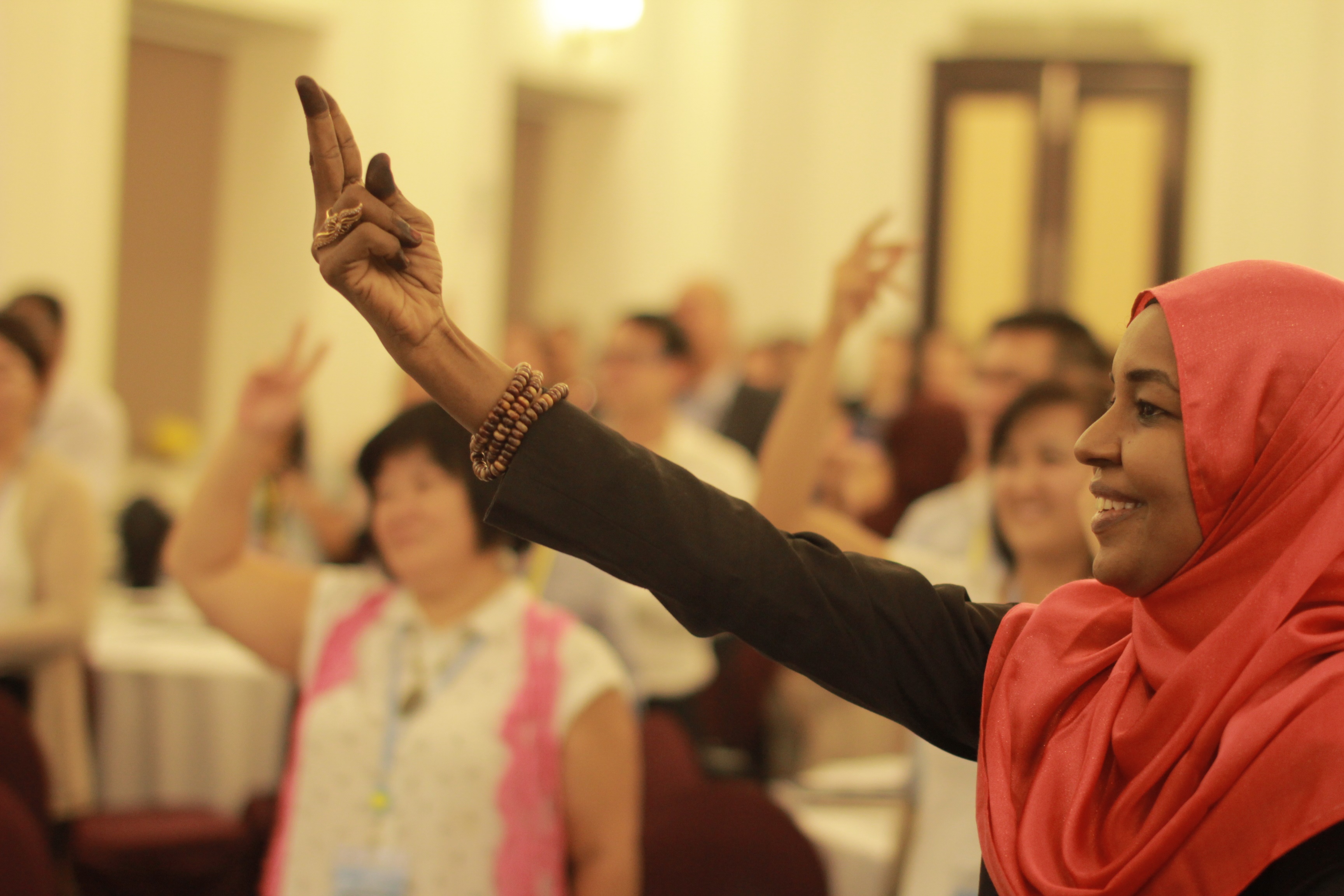Advocating for education in the hurricane season
The two hurricanes – Eta and Iota – made landfall in Central America within two weeks in November, damaging crops and houses and causing flooding and mudslides. After one month, an estimated 7 million people from Colombia to Mexico were still in need of emergency assistance. Though coming ashore in Nicaragua, Honduras appears to have suffered the most damage deaths. The storms destroyed bridges, roads, schools, and health clinics. The cyclones slowed over Honduras and dumped tremendous amount of precipitation on already saturated hillsides causing severe landslides and flooding. Families lost their homes, farms, and businesses.
The Honduras Dakar Forum was created in 2001 at the initiative of the Council for Adult Education of Latin America (CEAAL), after Honduras had signed the Education for All commitment in Dakar, Senegal(2000)
The Honduras Dakar Forum is the newest member of the Latin American Campaign for the Right to Education. The Forum is a voice of civil society organizations and aims to advocate for the human right to education to become a reality in Honduras
The Honduras Dakar Forum's website
“Hundreds of thousands of Hondurans are still – after more than a month – crowded into shelters. Others are staying with friends and relatives. And even worse is the situation for those living in the hard to reach communities along the coast. We know that they are severely hit, but they are to a large extent left fending for themselves,” says Aminta Navarro, speaking from Tegucigalpa in Honduras.
She has set up in interim office in her granddaughter’s room from where she leads the main Honduran education coalition. Aminta Navarro has a career in research and consultancy within education and social sector development, and in 2000 she was inspired by the Dakar global conference on education and decided to strive for a Honduran offspring – a national coalition of civil society partners working to advocate for the right to education for all. An initiative that in 2003 was formally registered as Foro Dakar Honduras.
Education for indigenous communities
The coalition continues to influence and monitor government decision making around education and ensure thorough plans are in place to further develop the sector, especially pertaining to the inclusion of those currently vulnerable or excluded, such as indigenous peoples.
“For years, the main struggles for indigenous peoples were regarding right to land and territories. But today indigenous leaders also recognize the importance of fighting for quality education. They play an important and very active role in our coalition and we strive to secure bilingual and cultural sensitive education to the indigenous communities,” says Aminta Navarro.
According to her, the indigenous communities are the most deprived in Honduras. In many ways neglected, underfinanced, and overlooked in the national development plans – and in the distribution of school buildings, scholastic materials, teachers and budgets for after-school activities. An inequality that Foro Dakar Honduras, the communities, and indigenous peoples’ organizations are working hand in hand to overcome.
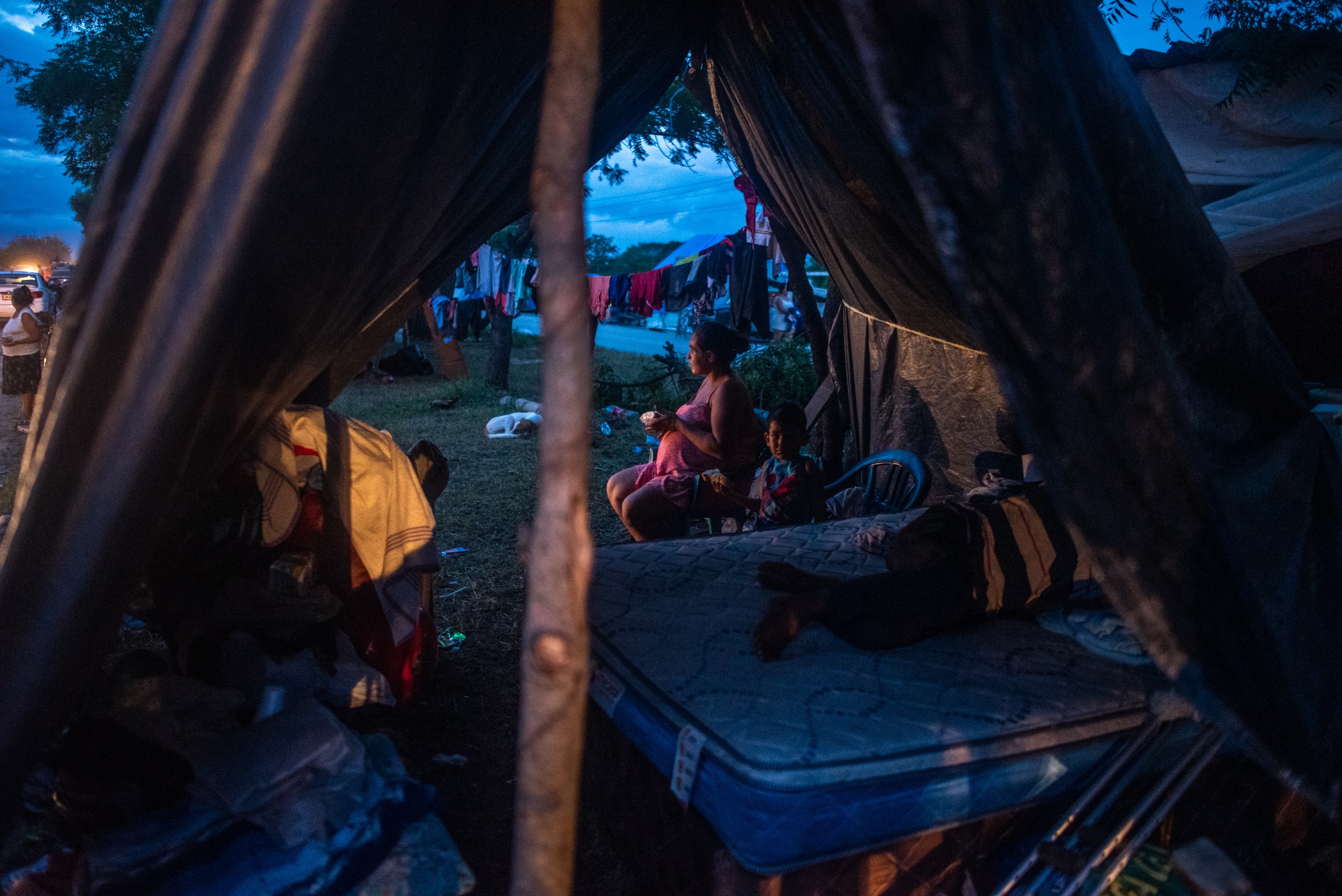
“We have a strong connection with these communities and were very worried for them when the hurricanes were announced, knowing that they live in places that are very exposed and under conditions not providing much safety. And sadly, we were right to worry,” says Aminta Navarro.
Working in the face of emergency
Learning Torch
From one CSO to another: Sharing advice and learnings
Aminta Navarro's best advice to others:
Is the reaffirmation of the importance of education – formal and non-formal – as the key to transform societies and the lives of individuals. Do this by trusting in others and never give up on your final purpose
She would like to learn:
How to really make decision makers worry about the public and the sharing of public goods – genuinely working to ensure that education doesn’t remain a minority privilege
The Pacific and Atlantic coast areas were severely affected by the two November hurricanes and the emergency aid was slow or not reaching them at all. Aminta Navarro and the board of Foro Dakar Honduras quickly decided to take their resources and experience from their education advocacy work and use it to push government and the international society to ensure relief aid to the affected people and to ensure funds and technical support for the reconstruction of damaged farmlands, fishing boats, homes, and school buildings.
“We had no experience in emergencies, but we learned quickly. And parts of it actually mirrored our usual work as it was very much about gathering information to demonstrate the need and make it visible, to present this info to the right people, suggest solutions and build pressure on decision makers – all to ensure that these people were not forgotten,” says Aminta Navarro.
Now, during the second stage after the disaster, focus has moved from the immediate saving of lives to rebuilding and mitigating long term effects such as hunger, poverty, and abuse. Foro Dakar Honduras is still channeling manpower and resources to directly support the most affected communities and at the same time continuously advocating their cause with government and local authorities.
“We are pushing the government to develop a plan for the substitution of crops which were lost. And for them to prioritize the rebuilding of homes as homelessness is a severe threat especially to women and girls. We are arguing the importance of rebuilding the schools and resume education activities as soon as possible while including the measures that the pandemic context demands. And we are suggesting ways to make communities more resilient towards these kinds of disasters as unfortunately this is very likely to happen again,” says Aminta Navarro.
According to her, education is key to build resilience. Education leads to development and a general improvement in living conditions that will decrease their vulnerability. Short term benefits are the concrete ability to plan and prepare for disasters which can be further increased if built into the curriculum of the schools.
“This disaster has momentarily diverted our attention, but I must say that it also reassured me that education is in the very core of sustainable development. I hope that Foro Dakar Honduras will never again have to do emergency aid and see people being hurt like now. To ensure this, we need to ensure the inclusion of marginalized groups such as indigenous peoples and we need to reform our system, so it creates equality and resilience,” says Aminta Navarro.
Honduras
Honduras is a lower-middle-income country, yet the rate of poverty in Honduras is among the highest in the Americas: 16,5 % in 2018 lived in extreme poverty with less than 1.90 dollar a day (World Bank 2020) and up to 80% of the population faces insecure living conditions.
The Human Development Index places Honduras at a position of 132 among 188 countries (UNDP, 2020). In principle, school is free and mandatory, but drop-out rates are high due to poverty and poor quality. Only around half of children enrolled in primary school, eventually complete and graduate. Moreover, the basic educational system only covers an estimated 87% of children, leaving more than 10% with no access to education.
44% of children and adolescents between 3 and 17 years are out of school, the groups most affected being those living in rural areas and the adolescents between 12 and 14 years old (55.1%) and from 15 to 17 years (74.6 %). Less than 20% of homes have access to internet, therefore it is estimated that 1 million students won’t be able to finish this school year where teaching and exams are primarily online due to the pandemic.
Sources
UNDP: http://hdr.undp.org/en/countries/profiles/HND
World Bank: https://www.worldbank.org/en/country/honduras/overview
UNICEF: https://www.unicef.org/honduras/que-hacemos/educaci%C3%B3n-de-calidad
UNICEF: https://www.unicef.org/honduras/media/1541/file/Education on Hold.pdf
